What is Ecotourism? & 11 Destinations to Discover this Alternative Way of Traveling

A Guide to Ecotourism
As people are becoming more and more conscious about their impact on the planet, many have started making small changes to become more sustainable. For instance, many have been trying to reduce their environmental footprint while traveling, whether internationally or in their own country.
Global tourism has increased exponentially during the second half of the 20th century. Although it is the primary source of employment and income in many regions, it is also very unsustainable, widely contributing to climate change and global warming.
Fortunately, little by little, people have been showing interest in alternative ways of discovering the world. Eco-conscious travelers want to combine their love for traveling and the environment, and they are willing to learn how they can help protect the places they are visiting. They want to be part of the solution, not contribute to the problem.
That is why ecotourism has started to gain popularity in recent years, and more and more people are now enjoying this more eco-friendly way of traveling.
This blog post will help you understand what ecotourism is and why it is so important in a world where mass tourism is everywhere. You will also learn about our 11 favorite destinations for ecotourism and maybe get inspired to visit them yourself!
What is ecotourism?
Before defining what ecotourism is, we should start by explaining what it is not. Ecotourism is not the same as sustainable tourism or sustainable travel, which are both broader concepts.
While ecotourism is a very specific type of sustainable tourism, sustainable travel or tourism encompasses all kinds of tourism that take into account its long-term social, environmental and economic impact.
The term “sustainable travel” also describes all the sustainable practices implemented while traveling or in the tourism industry in general.
On the other hand, according to the International Ecotourism Society, ecotourism refers to “responsible travel to natural areas that conserves the environment, sustains the well-being of the local people, and involves interpretation and education”.
Similarly, the United Nations World Tourism Organization defines ecotourism as “all nature-based forms of tourism in which the main motivation of the tourists is the observation and appreciation of nature as well as the traditional cultures prevailing in natural areas”.
In other words, this low-impact form of tourism involves traveling to fragile, relatively untouched natural areas to support conservation efforts, minimize the negative impact of tourism, and learn more about the local environment and cultural heritage.
The tour operators and accommodation providers at the destination are usually small, locally-owned businesses that have a low environmental footprint. So ecotourism directly provides employment and income for local communities, and it helps raise awareness towards conservation both among locals and tourists.
Why ecotourism is so important
If you enjoy traveling, you’ve probably already visited a place where mass tourism or over-tourism is an important issue.
The impact of mass tourism can be seen on a global scale. It is estimated that tourism generates about 8% of global greenhouse gas emissions, with transport, food and shopping being some of the main contributors.
What’s even worse is that, because of the quick increase in tourism demand, experts project that this industry will be contributing even more to the world’s greenhouse gas emissions in the future.
But to evaluate the entire impact of mass tourism, we also need to look elsewhere. Having too many people visiting a destination causes many other issues, including land degradation, pollution, deforestation and biodiversity loss.
It leads to the overconsumption of natural resources and overproduction of waste, and it puts infrastructure under enormous strain. Overtourism also automatically increases rents and house prices at the destination, raising the cost of living for locals.
On the contrary, ecotourism involves minimizing the negative impact of travel. It contributes to the conservation of ecosystems and natural areas and the sustainable development and empowerment of local communities.
This low-impact form of tourism creates economic value by providing job opportunities and funds to protect the land and its inhabitants. It helps preserve nature, cultural heritage and the people living and working at the destination.
Ecotourism is also about raising awareness and educating people to take care of our Earth. Ecotourists learn about new environments and how they are affected by humans, and they get to understand how fragile the whole planet is.
There are different forms of sustainable and responsible tourism, and ecotourism is just one of them. But it is crucial that more and more people try this alternative way of traveling instead of contributing to mass tourism yet again.
Our top 11 destinations for ecotourism (& what to do and see there):

1) Alaska
The Last Frontier, Alaska, has some of the most beautiful natural landscapes in the United States. You can visit and explore more than a hundred national parks and state parks with incredible nature that is still fairly untouched. Ecotourists enjoy this state as they can go on hikes through the mountains, admire the Northern Lights, explore glaciers and rainforest sanctuaries, as well as venture out on whale-watching excursions. With its impressive collection of archeological artifacts, the University of Alaska Museum of the North in Fairbanks covers everything you may want to learn about the history of Alaska, its wildlife and its native people and culture.
There are also numerous ecolodges running on alternative power sources where you can stay, but you can also choose to camp in the wilderness!

2) Borneo
Borneo is an island divided between Malaysia, Indonesia and Brunei, and it has some of the world’s oldest virgin rainforests.
The island is a true haven for ecotourists: their favorite activities in Borneo are soft trekking in the rainforest, climbing mountains, visiting wildlife sanctuaries and rehabilitation centers, as well as diving and snorkeling.Borneo is home to many endangered species that visitors can see in their natural habitats, including the Bornean orang-utan, the Hose’s palm civet, the pygmy elephant and the Sunda clouded leopard.
If you visit the island, you will get the opportunity to learn about the traditions of the Dayak people and their indigenous culture. You will also be able to find small ecolodges built using local materials or even stay with a local Bornean family.
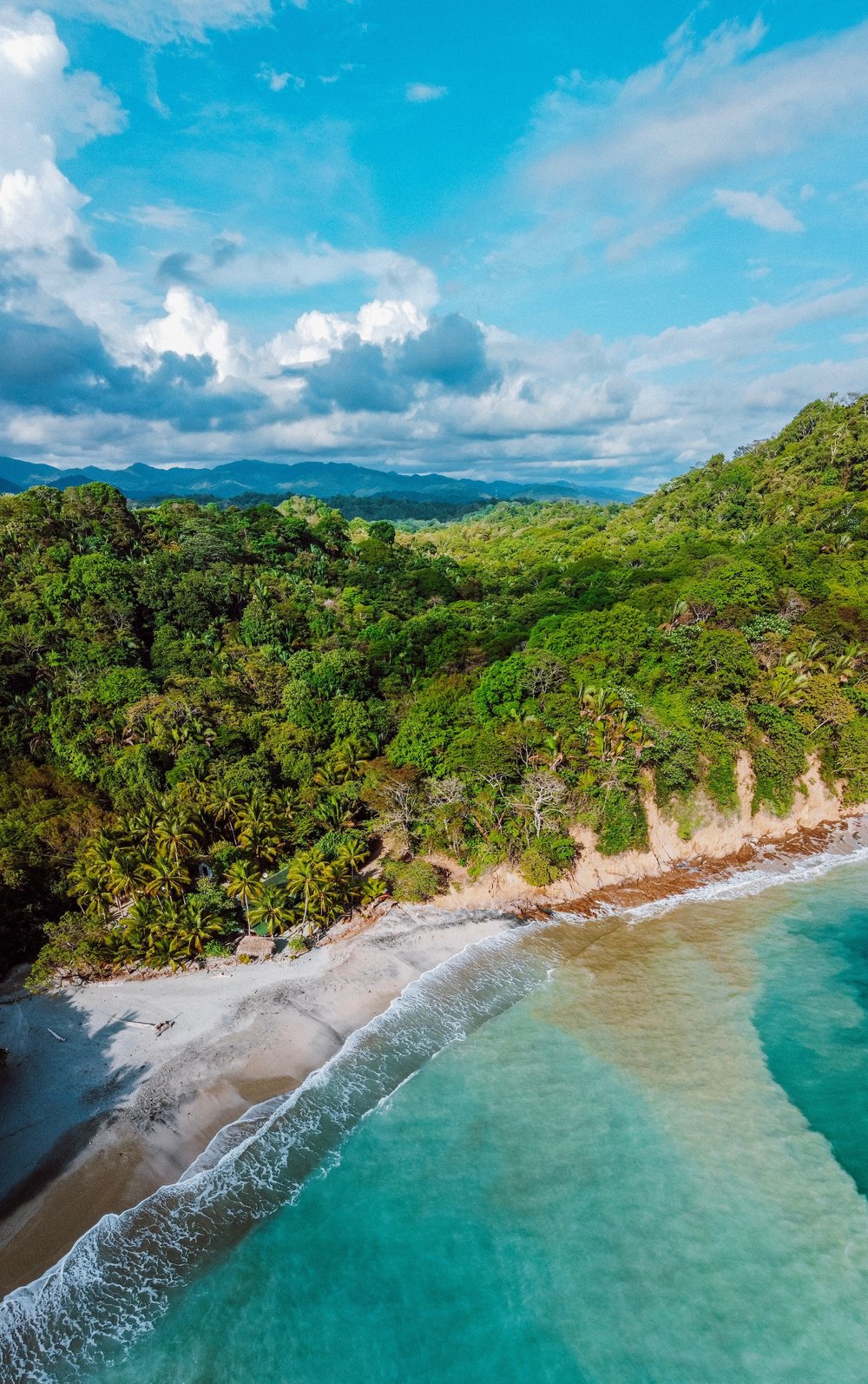
3) Costa Rica
Costa Rica is probably one of the most renowned countries for ecotourism. Travelers wanting to get more in touch with nature have been exploring it for decades.
Costa Rica’s rich fauna and flora make up about 5% of the world’s biodiversity, which is huge for such a small country! Plus, one-fourth of its territory is protected by the National System of Conservation Areas.
From pristine forests and immaculate beaches to breathtaking volcanoes and stunning waterfalls, visitors get to enjoy its incredible natural wonders. They can also learn about ancient civilizations and Costa Rican culture at the National Museum.
Ecotourists can book their stay in some of the country’s numerous ecolodges where they will admire spectacular views of the jungle. Some are so remote that they are only accessible by boat!
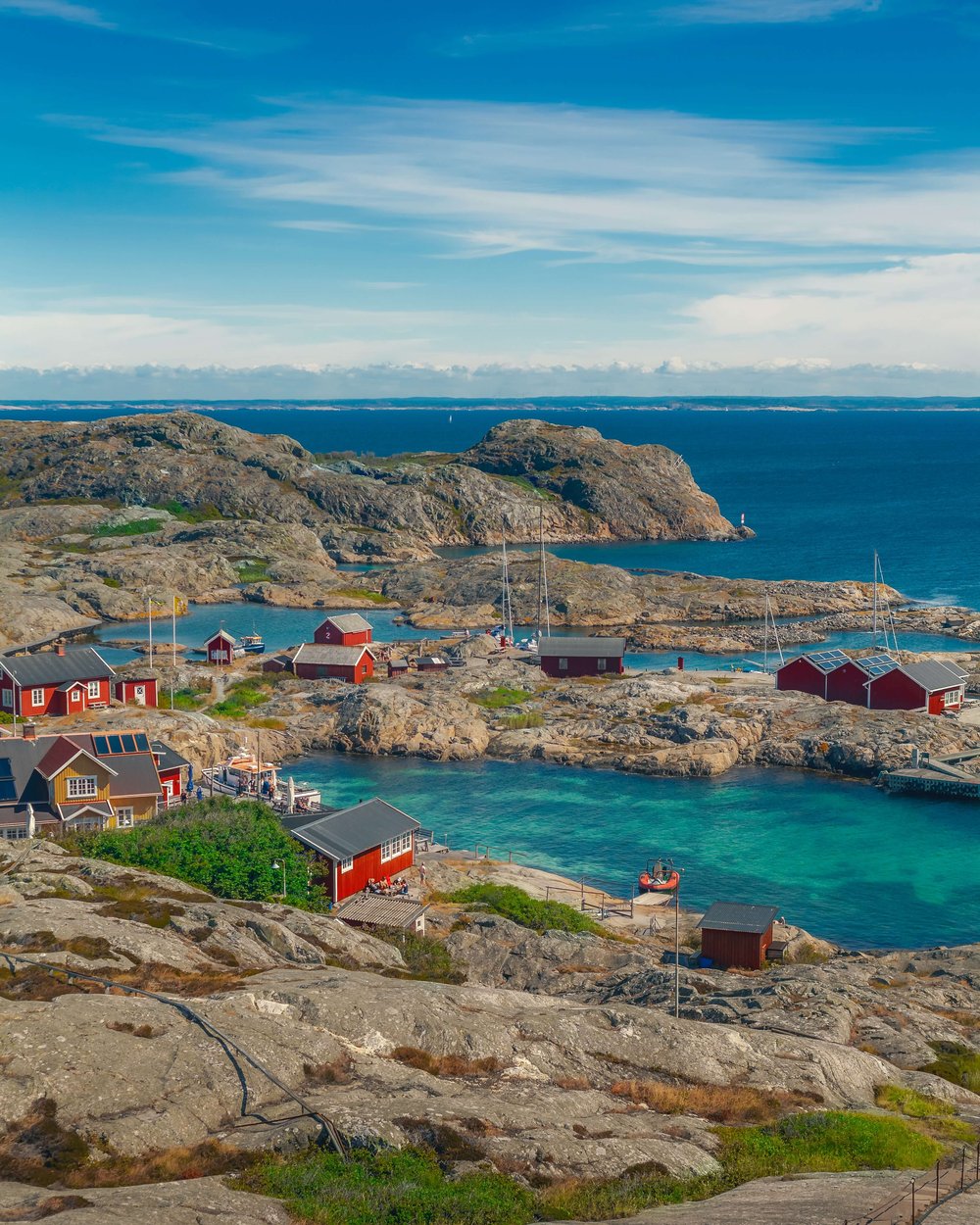
4) Sweden
Wanting to attract responsible travelers, Sweden was the second country in the world to come up with an ecotourism charter, and it now has more than a hundred eco-certified tour operators that have to follow a strict code of conduct.
There are many things you can do in Sweden to enjoy nature without harming it. The country has approximately 400 hiking trails and 30 national parks scattered around the territory. You can also go timber rafting if you want to have a truly unique experience!
The Swedish Lapland, near the Arctic Circle, is incredible to admire waterfalls, glacial rivers, mountains and forests. You can also learn about the indigenous Sami people, and if you’re lucky, you may even catch a glimpse of the Northern Lights.

5) Colorado
In the middle of the Rocky Mountains, the state of Colorado alone has 13 national parks and 42 state parks, making it the ideal getaway for any traveler wanting to explore the great outdoors and support the conservation of these ecosystems. Visiting Colorado gives you the opportunity to go hiking or mountain biking all while admiring the abundant wildlife.
Rafting in river canyons and exploring the Garden of the Gods, some impressive sandstone formations, are two other great adventures to go on when in Colorado.
You can also learn a lot about the local indigenous culture and history by visiting the Koshare Indian Museum or the Ute Indian Museum.
Ecotourists may even choose to join the Colorado Trail Foundation to help preserve and restore trails in the mountains!
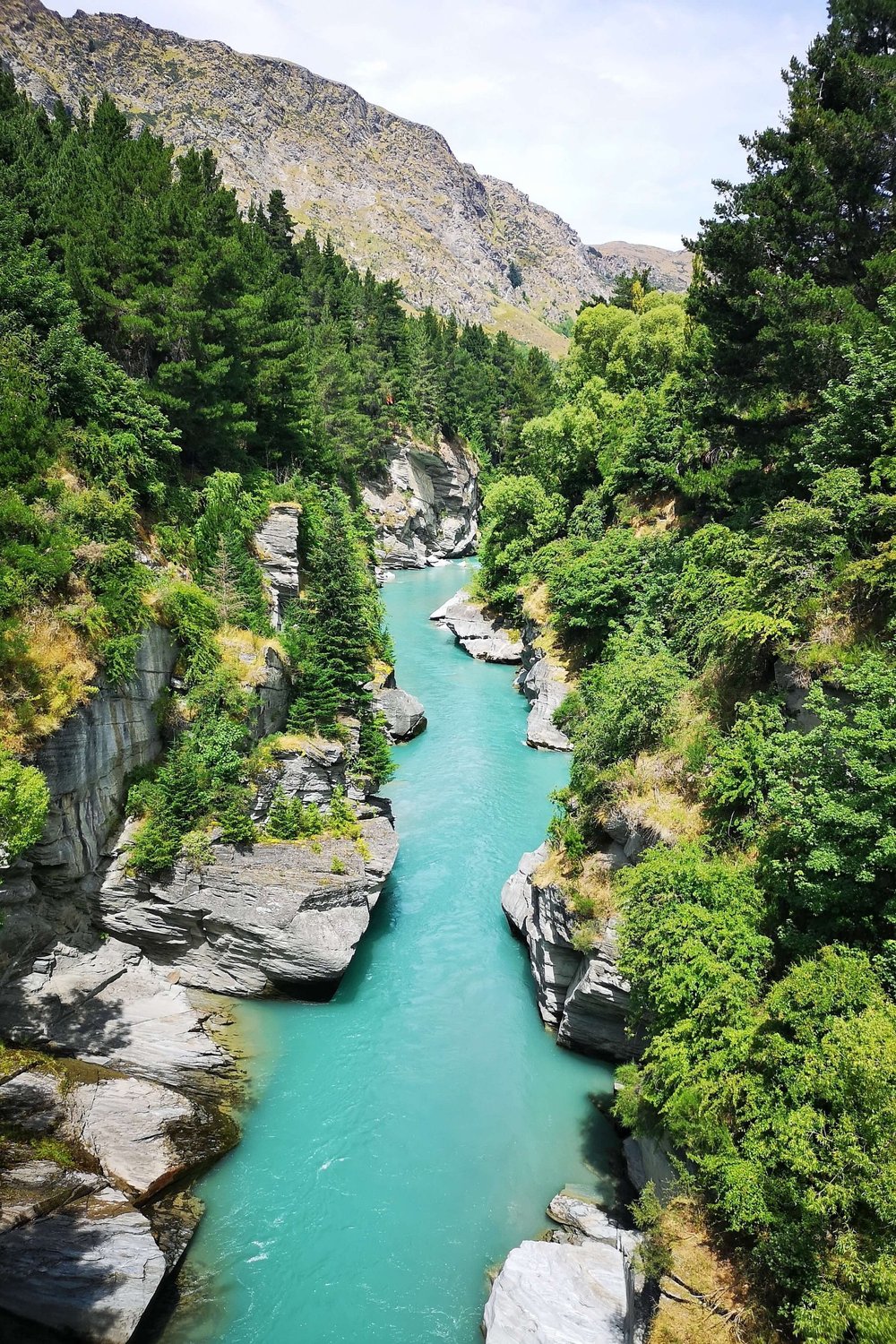
6) New Zealand
New Zealand is a go-to destination for all ecotourism lovers. Forests, reserves and national parks cover 20% of the country’s territory, allowing travelers to enjoy the beauty of nature all while becoming aware of its fragile ecosystems. One of New Zealand’s highlights is Mount Cook National Park, where visitors can hike on trails overlooking beautiful mountains, turquoise lakes and breathtaking glaciers. Travelers should also go to Rotorua, at the heart of the North Island’s geothermal region. After discovering the geothermal springs, geysers & boiling mud pools, they can attend a Maori cultural performance to learn more about the local traditions.
New Zealand has countless ecolodges all around its territory, hosting visitors even in the country’s biggest city, Auckland!

7) Botswana
Botswana is home to some of the most stunning animals in the world. Far less visited than other major African destinations like South Africa or Kenya, the country has amazing national parks and reserves where you can observe wildlife without disturbing it.
For instance, ecotourists can stay at an ecolodge in Chobe National Park.
From there, they can take safari trips in silent electric cars to admire the fauna, including many endangered species.
The combination of conservation efforts and ecotourism has contributed to the survival of giraffes in the park, whereas their number is declining in many other regions in Africa.
When in Botswana, you can also visit the incredible Okavango Delta and the Mokolodi nature reserve, two natural wonderlands for animal lovers!
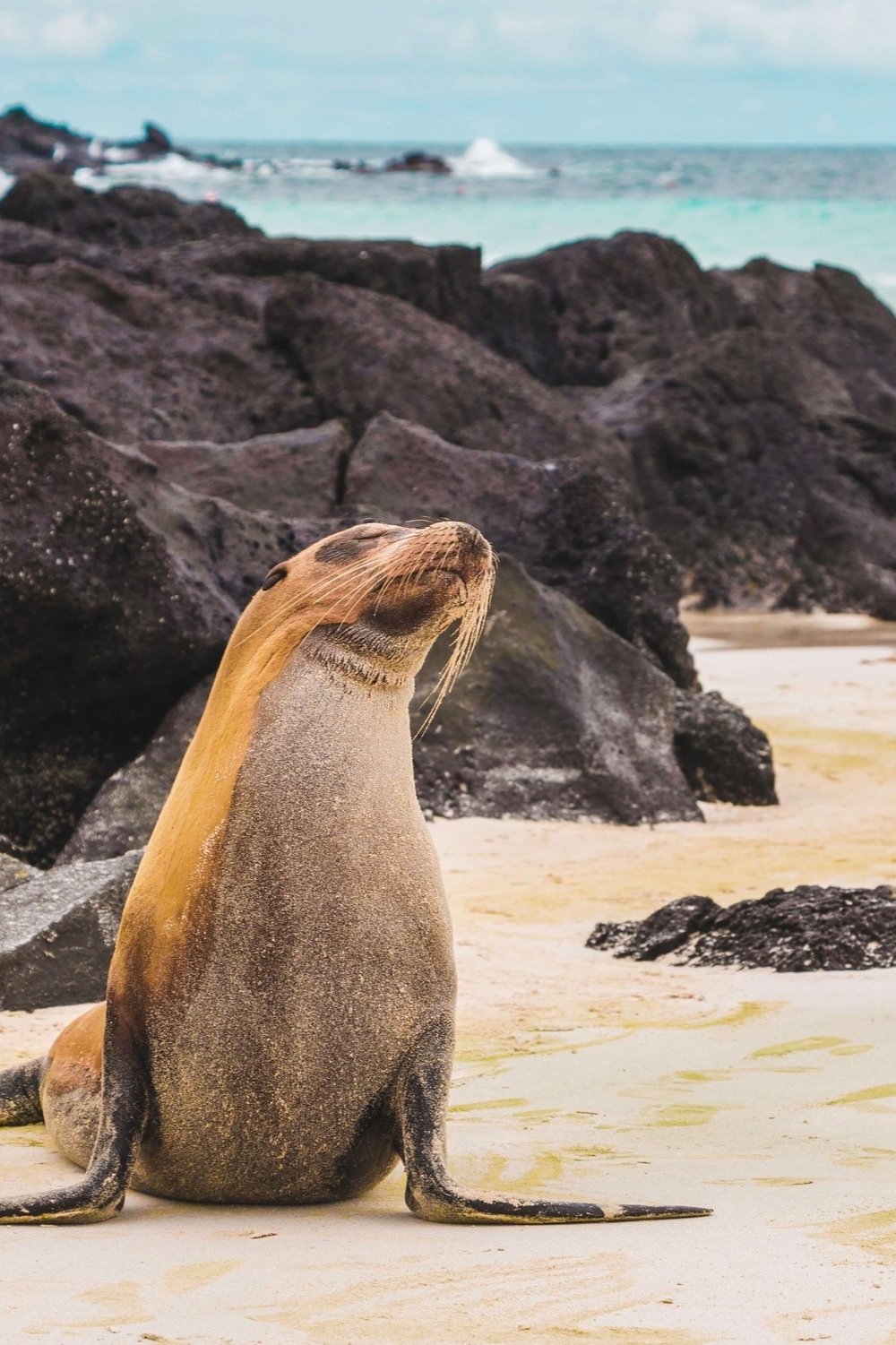
8) Galapagos Islands, Ecuador
Located in the Pacific Ocean, the Galapagos Islands are a true “living museum and showcase of evolution”. With this reputation, it is not surprising that many eco-tourists dream of visiting this unique place! From giant tortoises to land iguanas to many types of finch, the Galapagos Islands have such an incredibly abundant and unusual wildlife that it inspired Charles Darwin’s theory of evolution!
There are many cool activities you can do in the Galapagos Islands: you can go on hikes, observe the unique fauna and flora, dive or snorkel in the ocean, and even walk to the Sierra Negra, an active volcano that erupted in 2018!
To ensure its preservation, only a limited number of visitors can enter the islands’ National Park, so if you plan on visiting, remember to book in advance.

9) Bhutan
This small country located in the Himalayan mountains has been very successful at preserving its culture and natural environment. Forests cover 70% of the territory, and 51% of Bhutan is actually protected. The state even requires visitors to pay a daily tax to help preserve its nature. Bhutan is the perfect place to visit for ecotourism: there are many eco-trips organized for travelers willing to discover this landlocked country! Most of them take you to explore the beautiful Jigme Dorji National Park or visit the numerous ornate temples and ancient monasteries. Bhutan has many archaeological treasures and a huge diversity of plants and animals!
Plus, many people living in remote villages host travelers, so staying in their homes is a great option to support local populations and fully immerse yourself in the culture while preserving the environment.
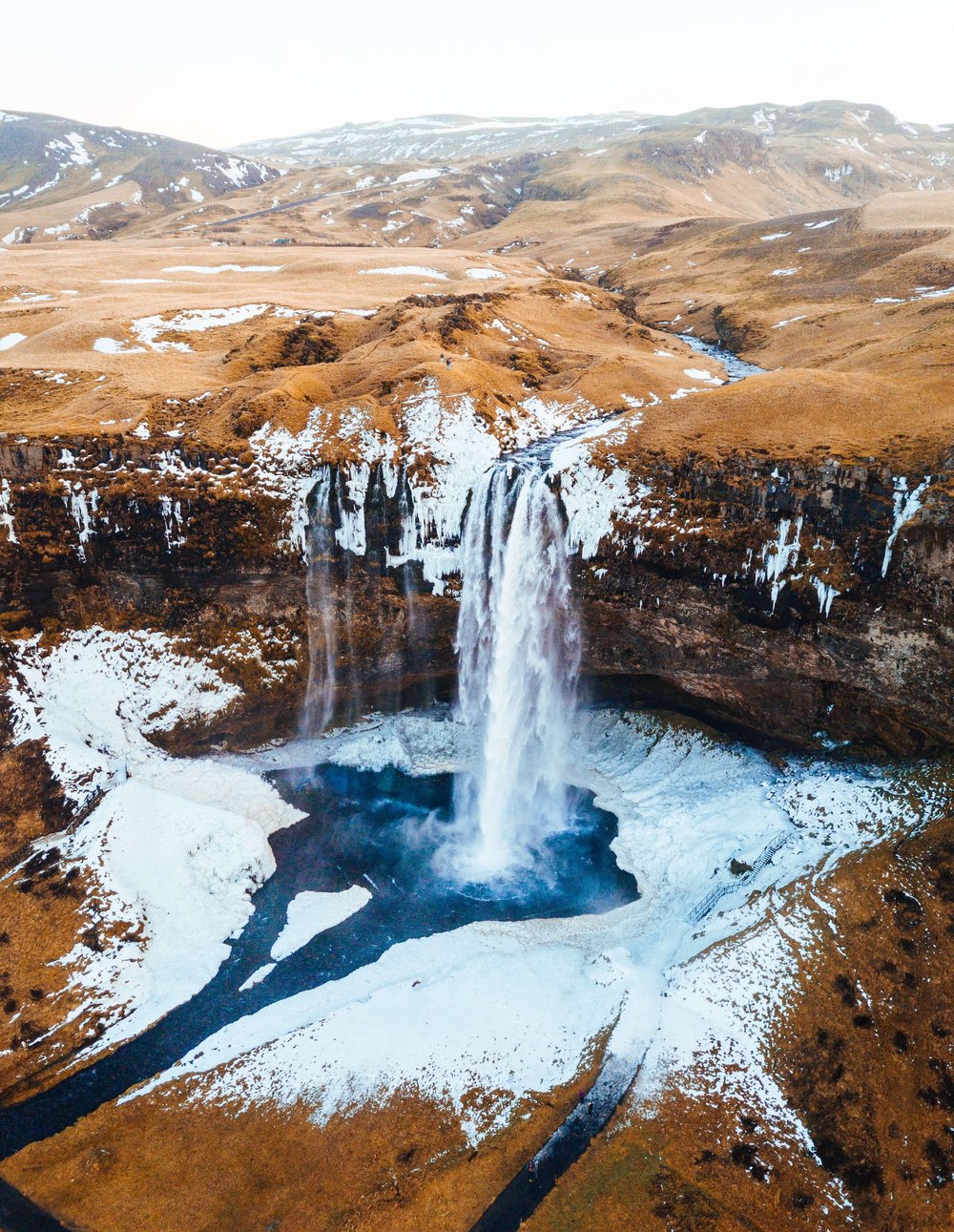
10) Iceland
Ecotourism has become more and more popular in Iceland thanks to all its breathtaking natural wonders. The island is actually one of the world’s most eco-friendly countries: it is great at protecting its vulnerable ecosystems, and it produces almost 100% of its electricity using renewable energy.
If you travel to Iceland, you will enjoy everything it has to offer. You will be able to go on hikes, see the Northern Lights, walk-on dormant volcanoes or even book an excursion to go whale watching.
You can also visit ice caves and bathe in natural hot springs. Iceland has many waterfalls, raging rivers, glaciers and countless geysers.
Ecotourists can easily find places to camp in nature, but they can also choose to stay in eco-hotels or lodges for extra comfort.

11) Rwanda
Rwanda is an African country with many natural treasures and abundant biodiversity, attracting more and more travelers from all around the world.
Ecotourism in the country has been contributing to the preservation of forests and wildlife for years now.
Travelers can visit Volcanoes National Park and see mountain gorillas, one of the world’s most endangered species. Since ecotourism has been generating income for populations, the locals are encouraged to help protect the primates.
Plus, Rwanda is home to the largest protected mountain rainforest in Africa, the Nyungwe forest. Ecotourists also enjoy exploring Akagera National Park and Lake Kivu, two natural wonders with spectacular views.
Rwanda has a great selection of ecolodges where travelers can stay to appreciate what nature has to offer, all while preserving it.
final thoughts
In each of these ecotourism destinations, there are many things you can do to have fun all while preserving the environment!
As an ecotourist, you are supporting conservation efforts and the local economy. Your dollars go to small, local businesses that provide employment and income for the population. You are also choosing to learn about nature and the local culture and visit places in a more sustainable way.
However, some destinations might be far away from where you live. So if you want to visit them but also wish to minimize your impact, consider offsetting the carbon footprint of your trip.
But whatever destination you choose to travel to and if you try to travel more sustainably along the way, you are contributing to the development of an alternative form of tourism. One that is better for the planet and the locals at the destination.

About the Author
Eva Astoul is a French freelance writer, specializing in content related to sustainability, simple living, and a growth-focused healthy lifestyle. She runs her own blog, Green With Less, to inspire people to live a more minimalist and sustainable life.
MAKE SURE TO PIN THE PHOTO BELOW TO SAVE THIS POST FOR LATER!
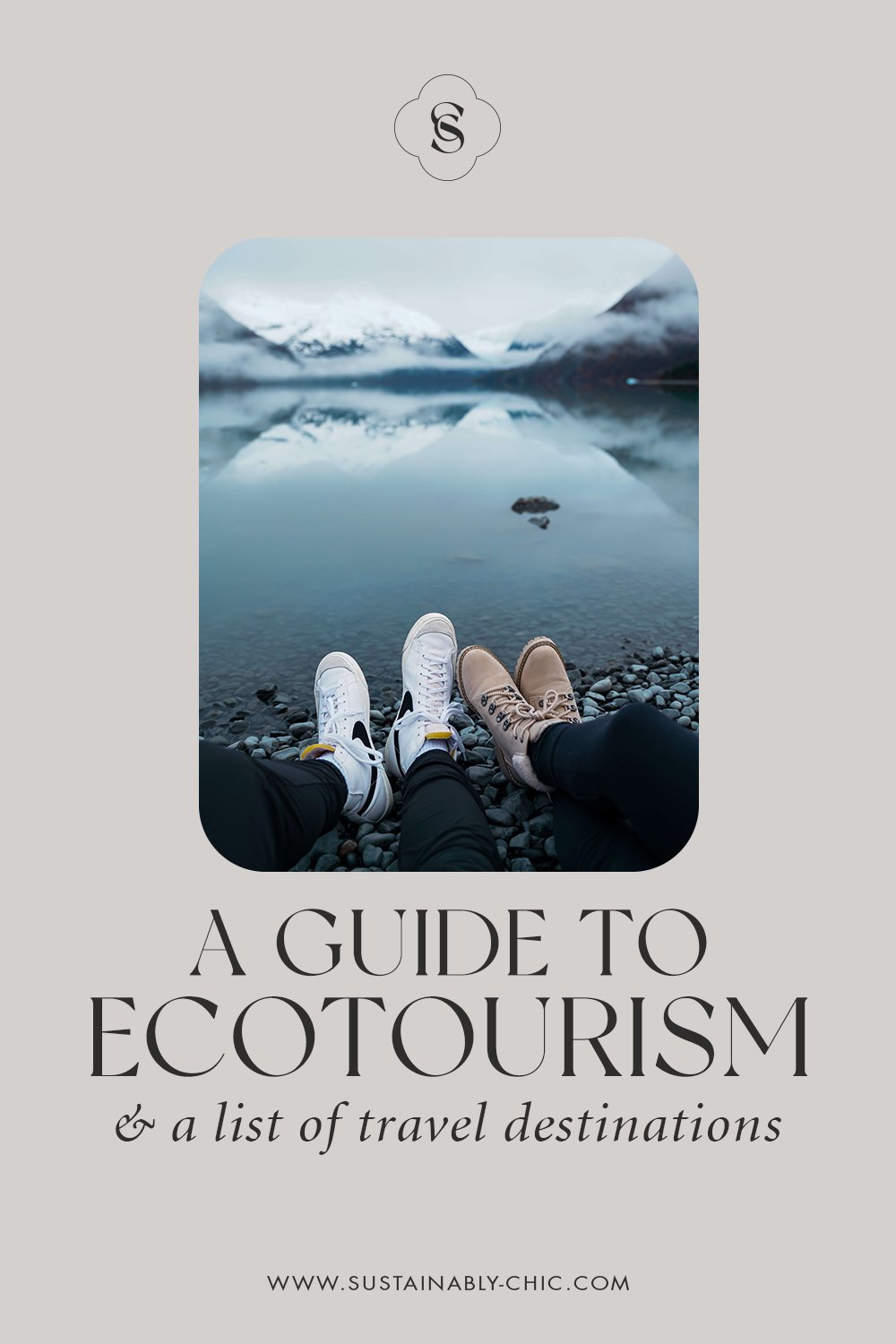
WANT MORE SUSTAINABLE BRANDS? VISIT OUR BRAND DIRECTORY!
Our Brand Directory is home to hundreds of sustainable brands, from makeup to cleaning supplies, from underwear to shoes. We have broken everything down by category for easy shopping, along with discount codes unique to Sustainably Chic viewers.
Shop the Sustainable Brand DirectoryRELATED READING YOU MAY ALSO ENJOY:
#Content-Attribution#
Content Creator: Eva Astoul
Date:
